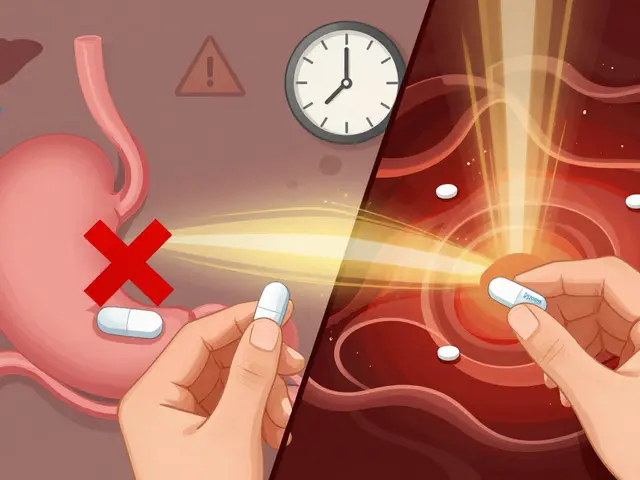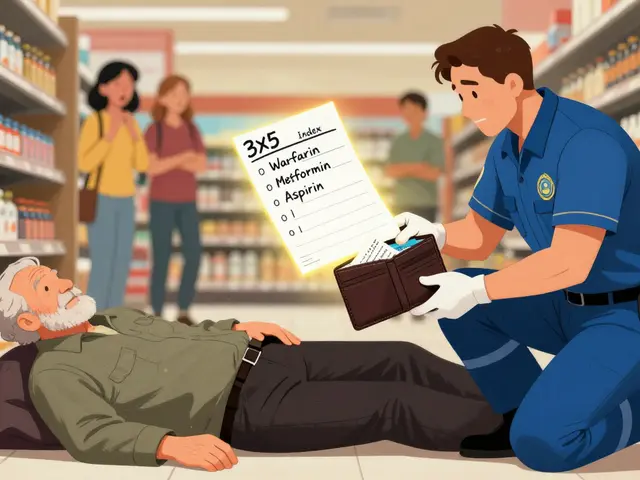Alzheimer's treatment: practical steps for patients and caregivers
Seeing memory slip away is terrifying. Treatment won’t reverse Alzheimer’s, but the right plan can slow symptoms, improve daily life, and ease stress for caregivers. This page gives plain, practical info on main medicines, non-drug steps that help, and how to stay safe when getting prescriptions.
Medications you should know about
There are two main drug classes used for Alzheimer’s. Cholinesterase inhibitors—donepezil, rivastigmine, and galantamine—help increase acetylcholine, a brain chemical tied to memory. They can slow decline for months to years in some people and often help thinking and daily tasks early on. Common side effects are nausea, diarrhea, and sleep changes. Talk to your doctor about timing doses and whether a lower start dose is better.
Memantine works differently. It regulates glutamate, another brain chemical, and is often used for moderate to severe Alzheimer’s, alone or with a cholinesterase inhibitor. Side effects can include dizziness and confusion. If behavior or agitation is a problem, your doctor may consider other medicines carefully—some psychiatric drugs carry risks in older adults.
Ask about interactions. Many older people take blood pressure meds, antidepressants, or supplements. Some combinations can cause falls, low blood pressure, or worse thinking. Bring a full list of medicines to every visit.
Practical non-drug strategies and money tips
Daily routines, simplified tasks, and memory aids help more than you might expect. Use calendars, phone alarms, labeled drawers, and consistent meal and sleep times. Gentle exercise—walking 3–5 times a week—helps mood, balance, and sleep. Social contact and mentally engaging hobbies slow decline for some people.
Costs can pile up. If prescription prices worry you, ask your clinic about patient assistance programs, generic options, or manufacturer coupons. Our site reviews safe online pharmacies and ways to compare prices, but never skip a prescription from an unknown source. Always require a valid prescription and verify the pharmacy’s licensing.
Thinking about clinical trials? They can offer access to new therapies and extra medical attention. Ask your neurologist or local memory clinic which trials are active. Read inclusion rules carefully—some trials exclude certain heart or kidney conditions.
Caregiver tip: plan legal and financial matters early while the person can still participate. Small changes—labeling photos, cutting down choices at meals, and using pill organizers—reduce daily stress. Seek support groups; sharing practical tips with other caregivers is surprisingly useful.
If you’re unsure where to start, ask your primary doctor for a memory clinic referral or a specialist. Take notes during visits, bring a trusted friend, and get a written plan that lists medicines, daily tips, and safety steps. Safe treatment is a team effort: clinician, pharmacist, patient, and caregiver working together.

Exelon Rivastigmine: Benefits, Dosage, and Real-World Tips for Dementia Care
Take a deep dive into Exelon (rivastigmine), a popular medication for Alzheimer's and Parkinson's-related dementia. Get to know how Exelon works, side effects, the dosages, and real tips for caregivers. Learn key facts, compare with other treatments, and see what research says. This long-read gives practical info for those considering or using Exelon for memory struggles.
View More




